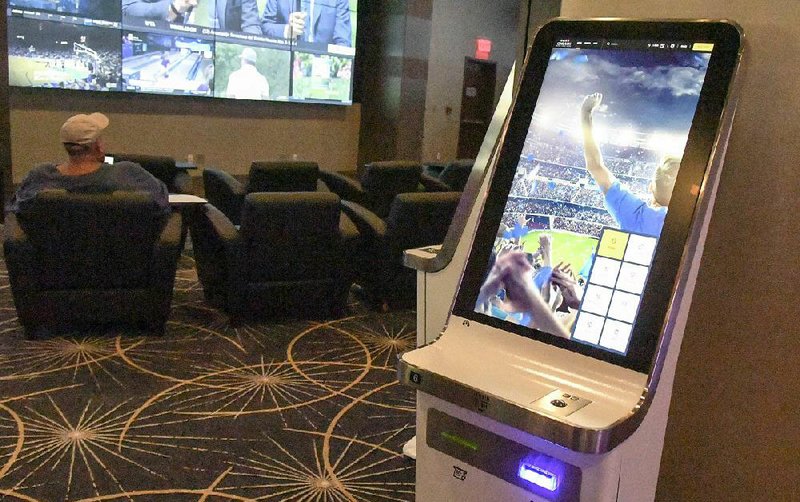HOT SPRINGS -- Expectations that the casino gambling amendment that voters passed last year would be a boon to Hot Springs and Garland County coffers have been borne out by tax receipts from July and August wagering at Oaklawn Racing Casino Resort.
The new tax structure prescribed in the amendment has significantly increased the city's and county's Oaklawn revenue since it took effect July 1. The city realized increases of 83% in July and 95% in August compared with last year, when its Oaklawn revenue was based on a 1.5% tax levied on net revenue from games of skill.
The $337,542 remitted in July collections was a $153,445 increase compared with last year, and the $339,272 remitted for August was $165,505 more than the previous August. The new tax formula entitles the city to 19.5% of a 13% tax applied to the first $150 million of Oaklawn's annual net gambling receipts. Oaklawn and other casinos in the state are taxed at 20% on net receipts over $150 million.
Fifty-five percent of the tax goes to the state general fund, and 17.5% to the Arkansas Racing Commission Purse and Awards Fund. Garland County's 8% netted it 140% and 135% increases in its July and August Oaklawn revenue, raising $138,478 and $139,188, respectively. The county received 0.5% of net receipts from games of skill under the previous formula.
The amendment that state voters passed last year automatically licensed casino gambling at Oaklawn. The games of skill license it operated under before the amendment limited gambling activity to electronic devices or machines "that afford an opportunity for the exercise of skill and judgment where the outcome is not completely controlled by chance alone," according to the 2005 statute that authorized ballot options for games of skill at horse racing and greyhound racing parks.
Hot Springs voters narrowly approved the measure in a 2005 special election.
The city projected earlier this year that the casino tax would increase its annual Oaklawn revenue from $2.16 million to $3.65 million.
"We are real pleased to see the change that amendment has brought," City Manager Bill Burrough told the Hot Springs Board of Directors on Tuesday night. "A good portion of that new revenue will go into a fund for some of our unfunded capital needs."
Burrough said the fund could be used to demolish the old St. Joseph's Hospital infirmary on the campus of the Arkansas School for Mathematics, Sciences and the Arts. An agreement with the school requires the city to demolish the 1927 structure within 16 months of the school removing its heating-and-cooling systems from the building.
The fund also could help pay for a new ladder truck for the Fire Department, he said.
The Legislature passed a law earlier this year that allows local governments to pledge casino tax revenue toward repayment of debt for capital improvements, pending a local ballot referendum asking voters to authorize a bond issue.
The tax revenue can secure debt the same way the 3% hospitality tax levied by the Hot Springs Advertising and Promotion Commission is financing the expansion of Mid-America Science Museum and the construction of a baseball complex on the site of the former Boys & Girls Club of Hot Springs.
The city's financial adviser told the board earlier this year that $1.5 million in annual Oaklawn revenue could bond $20 million, and that all of the city's annual projected Oaklawn revenue could bond $46 million.
Metro on 10/04/2019
